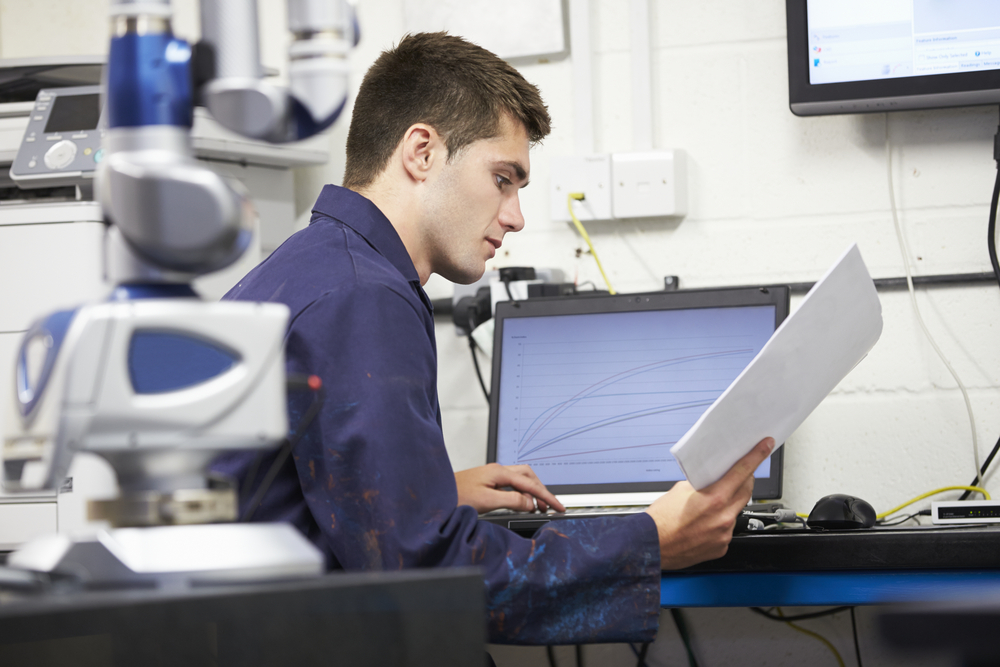In today’s rapidly evolving automotive industry, precision engineering is at the forefront of technological advancements, driving innovation, and revolutionising performance. At EC Precision, we are a highly experienced team dedicated to delivering the highest quality precision-engineered components. In this blog post, we will explore the pivotal role of precision engineering in the automotive sector and how it is transforming the way vehicles perform, ensuring safety, efficiency, and sustainability.
Precision Engineering: The Backbone of Automotive Evolution
Precision engineering is not just a buzzword; it’s the meticulous process of designing and manufacturing components with exceptional accuracy and attention to detail. In the automotive industry, where even the slightest deviation can affect safety and performance, precision engineering plays a pivotal role. Here’s how it’s driving the revolution:
-
Safety First:
Critical Components: Precision-engineered components, such as braking systems, airbags, and steering mechanisms, are essential for vehicle safety. The accuracy and reliability of these components can mean the difference between life and death on the road.
Crashworthiness: Precision engineering ensures that vehicles are crashworthy, protecting occupants in the event of a collision. Crumple zones and safety cages are meticulously designed to absorb and distribute impact forces.
-
Fuel Efficiency and Sustainability:
Engine Optimisation: Precision engineering optimises engine components, reducing friction and maximising fuel efficiency. Lightweight materials and aerodynamic design further enhance mileage and reduce emissions.
Hybrid and Electric Vehicles: The shift towards electric vehicles demands precise engineering of battery systems and powertrain components. Efficiency is the key to making electric vehicles sustainable and accessible.
-
Performance Enhancement:
Power and Torque: Precision engineering is used to fine-tune engines for maximum power and torque output. Components like camshafts, pistons, and turbochargers are designed with extreme accuracy to boost performance.
Suspension and Handling: Suspension systems are engineered with precision to provide optimal handling, ride comfort, and stability. Every component, from shocks to control arms, is meticulously designed.
-
Advanced Materials and Manufacturing Techniques:
Materials Innovation: Precision engineering has driven the development of advanced materials, such as high-strength alloys and composites. These materials offer strength without excess weight.
Additive Manufacturing: 3D printing and other additive manufacturing techniques enable the creation of complex, precision-engineered components with unprecedented design flexibility.
-
Autonomous and Connected Vehicles:
Sensor Integration: Precision-engineered sensor systems are integral to the operation of autonomous vehicles. Lidar, radar, and camera arrays require meticulous calibration and integration.
Data Accuracy: In connected vehicles, precision engineering ensures that data transmission and reception are error-free, facilitating real-time communication between vehicles and infrastructure.
-
Reducing Noise and Vibration:
Cabin Comfort: Precision-engineered components, such as sound insulation and vibration-damping materials, enhance cabin comfort by minimising noise and vibrations.
Quality of Ride: Smooth and quiet vehicles provide a superior driving experience. Precision engineering focuses on reducing NVH (Noise, Vibration, and Harshness) for an enjoyable ride.
-
Quality Assurance:
Zero Defects: In precision engineering, zero defects are the goal. Stringent quality control processes ensure that each component meets exacting standards, reducing recalls and warranty claims.
Durability Testing: Components are rigorously tested for durability and longevity. This ensures that vehicles continue to perform reliably over their lifespan.
Conclusion
Precision engineering is the driving force behind the automotive industry’s transformation. It’s not just about making vehicles faster or more efficient; it’s about making them safer, more sustainable, and technologically advanced. At EC Precision, we understand the critical role we play in this revolution, delivering precision-engineered components that set new standards in automotive excellence.



